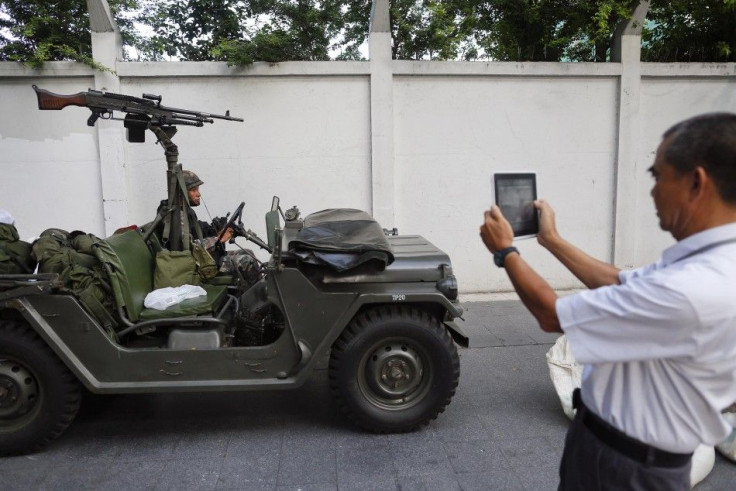Canadian Veteran’s Watchdog Say Half of Badly Wounded Soldiers Fail to Receive Disability Cheque

Canada's veterans watchdog has just released a new report that stated 50 per cent of the country's most seriously injured former soldiers fail to receive their disability cheque. Moreover, those who do receive only get the lowest grade of the benefit.
The permanent impairment allowance is a benefit given solely to disabled soldiers as compensation for lost future earnings. A taxable financial assistance, it comes in three grade levels. In 2011, the Harper government introduced a supplement to the allowance.
Guy Parent, Veterans ombudsman, said what impedes the access of the wounded ex-soldiers were the criteria set by the government.
Aside that the guidelines were too restrictive, the report likewise stated the criteria used to evaluate disability does not match the intent of the allowance.
Parent said that sufficient funds doesn't pose much meaning at all.
"You can flood programs with money, but of you don't broaden the access, then you haven't accomplished anything," he said.
He said government needs to correct its criteria in extending benefits to the war veterans because some were not receiving them while others may be receiving but at a grade level that is too low. "This is unfair and needs to be corrected."
Based on data released in June by the Veterans Affairs, there were some 521 ex-soldiers found to be critically injured. However, a whopping 92 per cent of them receive the lowest grade of allowance support.
To date, Canada has 1,911 severely wounded soldiers, where 924 receive no allowance at all, the ombudsman's report said.
The report of Canada's veterans watchdog likewise highlighted the government's seeming cold attention to the spouses of the critically injured war veteran. The existing program mandates that the spouse will automatically lose the allowance once the veteran dies.
This creates financial hardship for the family, Parent said.





















